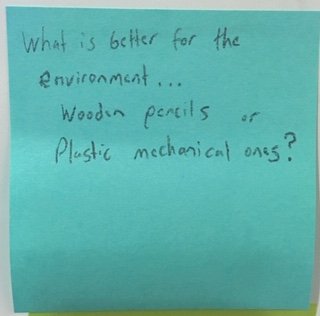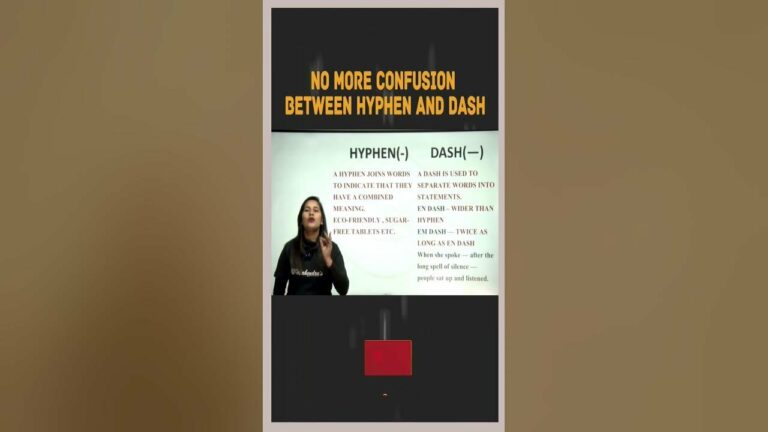Are Mechanical Pencils Eco-Friendly?
Are mechanical pencils better for the environment? In a world where sustainability is becoming increasingly important, this question has gained considerable attention. The answer lies in the mechanics of these writing instruments and the impact they have on our planet.
When compared to traditional wooden pencils, mechanical pencils offer several advantages that make them a more environmentally friendly choice. Let’s delve into the details and explore how these sleek, innovative tools contribute to a greener future.
Are Mechanical Pencils Better for the Environment?
As society grows more aware of our environmental impact, it’s crucial to consider our everyday choices, such as the writing tools we use. When comparing mechanical pencils to traditional wooden ones, many people question which is better for the environment. This article will explore the environmental implications of mechanical pencils and determine if they are truly a greener option.
The Advantages of Mechanical Pencils:
Using mechanical pencils offers several advantages over traditional wooden pencils, which may contribute to a reduced environmental impact. Here are some of the key benefits:
- Durability: Mechanical pencils are designed to last longer than wooden pencils since they have replaceable leads. This means less waste in terms of discarded pencils, as the casing can be used for a long time.
- Less Wood Consumption: Traditional wooden pencils require wood for both the casing and the lead. In contrast, mechanical pencils only require a small amount of metal or plastic for the casing.
- Reduced Packaging: Mechanical pencils typically come in reusable or minimal packaging, reducing the amount of plastic or paper waste generated.
- Conservation of Resources: By using mechanical pencils, we reduce the demand for wood, which helps preserve forests and promotes sustainable resource management.
- Precision and Efficiency: Mechanical pencils provide consistent and precise lines, eliminating the need for frequent sharpening. This reduces the amount of lead wasted during the sharpening process.
The Environmental Impact of Wooden Pencils:
While mechanical pencils have their advantages, it’s essential to understand the environmental impact of wooden pencils to make an informed comparison. Here are a few factors to consider:
- Wood Sourcing: Traditional pencils rely on wood harvested from trees. The logging industry may contribute to deforestation, habitat destruction, and a decrease in biodiversity.
- Manufacturing Process: The production of wooden pencils involves several energy-intensive processes, including cutting, drying, and shaping the wood. This results in the emission of greenhouse gases and other pollutants.
- Disposal and Decomposition: When wooden pencils are discarded, they contribute to landfill waste. While wood is biodegradable, the decomposition process can take a long time, especially if the pencil is treated with preservatives or coatings.
Considerations for Mechanical Pencil Users:
Although mechanical pencils offer environmental advantages, responsible usage is crucial to maximize their eco-friendly benefits. Here are a few considerations for mechanical pencil users:
- Lead Type: Opt for lead refills made from recycled materials to minimize the demand for new resources and reduce waste.
- Reuse and Repair: Instead of disposing of a mechanical pencil when the lead runs out, consider refilling it or replacing any worn-out parts. This extends the pencil’s lifespan and reduces waste.
- Recyclability: Some mechanical pencils are made from recyclable materials. When it’s time to replace your mechanical pencil, choose one that can be recycled to further reduce its environmental impact.
Why Use Pencils? – ✎W&G✎
Faqs for Are Mechanical Pencils Eco-Friendly:
Yes, mechanical pencils produce less waste than traditional pencils. Traditional pencils require constant sharpening, which leads to wood and graphite waste. Mechanical pencils, on the other hand, use lead refills, reducing the amount of waste generated.
Yes, mechanical pencils can be recycled. The metal components, such as the casing and clip, can be recycled with other metal items. However, the lead refills and erasers may need to be separated and disposed of properly, as they might not be accepted in regular recycling programs.
Yes, the use of mechanical pencils is more sustainable in the long run. While traditional pencils eventually become too short to use and are discarded, mechanical pencils can be refilled with new lead, extending their lifespan and reducing the need for constant replacement.
Yes, some manufacturers produce mechanical pencils made from eco-friendly materials such as recycled plastic or renewable resources like bamboo. These pencils help minimize the reliance on non-renewable resources and reduce environmental impact.
Yes, mechanical pencils save trees compared to traditional pencils. Traditional pencils are made from wood, while mechanical pencils primarily use metal or plastic casings. By reducing the demand for wooden pencils, mechanical pencils contribute to the conservation of forests and natural resources.
Yes, mechanical pencils can be used with recycled lead refills. Some companies offer lead refills made from recycled materials, providing an additional environmentally friendly option for mechanical pencil users.
Final Thoughts
Mechanical pencils are more environmentally friendly than wooden pencils. They are reusable and do not need constant sharpening, which reduces wood shavings and waste. Mechanical pencils also eliminate the need for wood production, helping to prevent deforestation and preserve natural habitats. Furthermore, they can be refilled, reducing plastic waste from discarded pens. Overall, mechanical pencils are better for the environment as they conserve resources and reduce waste. Using mechanical pencils promotes sustainability and protects the planet for future generations.




